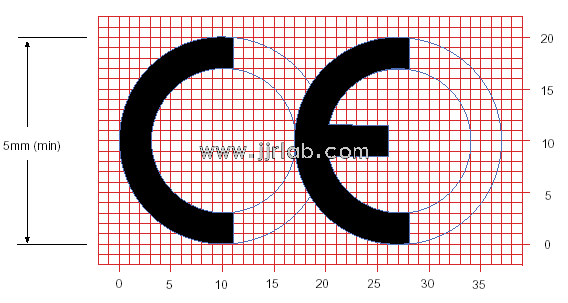
Electric Balance Bike CE Certification EN 17128 Test
The en 17128:2020 standard was developed by the CEN/TC 354 technical committee, with the secretariat hosted by the French standardization organization (AFNOR). This standard was published on October 21, 2020, and came into effect on April 30, 2021. Personal light electric vehicles sold in Europe must meet the requirements of EN 17128:2020, and the vehicle must display the ce mark.

Scope of EN 17128:2020
1. Personal light electric vehicles with or without a self-balancing system.
2. Personal light electric vehicles poweRED entirely or partially by an independent power source (battery voltage ≤ 100 VDC).
3. Personal light electric vehicles with or without an integrated battery charger (input ≤ 240 VAC).
4. Electric scooters and balance bikes with a speed not exceeding 25 km/h.
Not applicable to:
1. Vehicles considered as toys;
2. Vehicles with a seat and without a self-balancing system;
3. Vehicles for racing; electric pedal-assisted bicycles (EPAC);
4. Vehicles for medical use;
5. Electric vehicles with a speed exceeding 25 km/h;
6. Vehicles with a rated voltage exceeding 100 VDC (battery) or 240 VAC (charger);
7. Unmanned vehicles.
Related European Market Standards for Electric Bicycles
EN 15194
EN 50604-1 (for light electric vehicle batteries)
EN 62133-2 (for portable or auxiliary system batteries)
2014/30/EU for EMC
2011/65/EU/ROHS certification
2014/53/EU (RED) — if the device uses radio technology
Mechanical Product Safety Directive 2006/42/EC
ISO 4210 for electric bicycles
How to Ensure Electric Scooters Comply with EN 17128 Standards?
Electrical Safety
Companies must ensure that the electric scooter's electrical system meets relevant electrical safety standards, such as using safe wires and plugs, battery management systems, etc.
Mechanical Safety
Companies must ensure that the electric scooter's mechanical system meets relevant mechanical safety standards, such as the vehicle's body structure, brake systems, etc.
Quality Requirements
Companies must ensure that the materials and manufacturing processes of the electric scooter meet relevant quality standards, such as material quality and durability.
Environmental Requirements
Companies must ensure that the electric scooter meets relevant environmental standards, such as battery recycling and disposal, noise control, etc.
Email:hello@jjrlab.com
Write your message here and send it to us
 IEC 60529 IP Rating Ingress Protection Standard
IEC 60529 IP Rating Ingress Protection Standard
 IEC 60601-1 Medical Electrical Equipment Basic Saf
IEC 60601-1 Medical Electrical Equipment Basic Saf
 European Authorized Representative Medical Devices
European Authorized Representative Medical Devices
 EU Waste Electrical and Electronic Equipment Direc
EU Waste Electrical and Electronic Equipment Direc
 How to Get CE Approval
How to Get CE Approval
 Accelerated Ageing Test
Accelerated Ageing Test
 IP Ingress Protection Testing
IP Ingress Protection Testing
 How Does a Product Get an Energy Star Label
How Does a Product Get an Energy Star Label
Leave us a message
24-hour online customer service at any time to respond, so that you worry!




